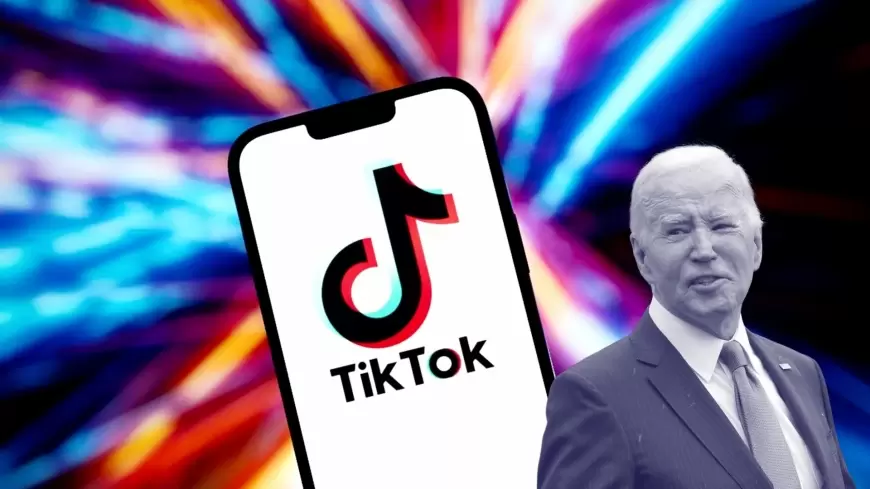US Moves Closer to TikTok Ban: What You Need to Know
US lawmakers push forward bill to ban TikTok over security concerns. ByteDance urged to divest, TikTok fights back. Will it survive?

As the debate over the security risks posed by Chinese-owned social media apps intensifies, the US House of Representatives has taken a significant step towards banning TikTok. The bill, passed on March 13 with a decisive 352-65 vote, is now headed to the Senate, with potential implications for the future of the popular platform.
Lawmakers have reignited discussions about banning Chinese social media apps, citing concerns over national security and the influence of ByteDance, TikTok's parent company. With millions of American users, TikTok has become a focal point in this debate.
The bill mandates ByteDance to divest from TikTok within 165 days or cease operations in the US altogether. Additionally, TikTok would need to relinquish its algorithm, responsible for content customization, to continue operating in the country.
India's 2020 ban on TikTok due to security concerns has set a precedent for similar actions elsewhere. Now, the US is taking proactive steps to address these issues.
Here are the top 10 updates on the US TikTok ban:
- Bipartisan support: The House's approval of the bill signals bipartisan concern over TikTok's potential security threats. However, the bill's fate in the Senate remains uncertain.
- Protecting Americans: The bill aims to prevent potential data breaches and safeguard the privacy of over 170 million American TikTok users.
- Lobbying efforts: TikTok's CEO, Shou Chew, and influencers lobbied against the bill, highlighting concerns over its implications for free expression and economic livelihoods.
- Company response: TikTok has contested the bill, arguing against what it sees as a predetermined outcome of a total ban. The company maintains its commitment to protecting US user data.
- Congressional approval: The bill received unanimous support from the US Energy and Commerce Committee, representing a significant push for TikTok's regulation.
- Continued operations: Despite the bill's passage in the House, TikTok has affirmed its commitment to protecting user data and plans to challenge the legislation in the Senate.
- Impact on small businesses: Many small businesses rely on TikTok for marketing and sales, expressing concerns over the potential ban's repercussions on their livelihoods.
- User strategies: Some experts suggest users may attempt to bypass the ban using VPNs, raising additional security questions.
- Previous attempts: Former President Trump's unsuccessful efforts to ban TikTok underscore the challenges in regulating the platform.
- Political climate: With presidential elections looming, the bill's momentum suggests growing support for its enactment.
China's Response Over TikTok Ban in US:
China has voiced its disapproval of the proposed US ban on TikTok, labeling it as unfair and unwarranted. The Chinese foreign ministry spokesperson expressed concerns over the US House of Representatives' decision to pass legislation compelling TikTok's parent company, ByteDance, to divest its US assets within a six-month timeframe, or risk facing a ban.
The spokesperson, Wang Wenbin, highlighted the lack of fairness in using national security as a pretext to diminish the competitive advantages of other countries. He emphasized that the handling of the TikTok issue would not only impact bilateral relations but also shed light on the US commitment to a rules-based international order.
As the Senate prepares to weigh in on the matter, the future of TikTok in the US remains uncertain. However, with bipartisan backing and heightened security concerns, the tide may be turning against the popular social media platform.
Also Read: TikTok Under EU Investigation for Possible Violations of New Digital Regulations































































